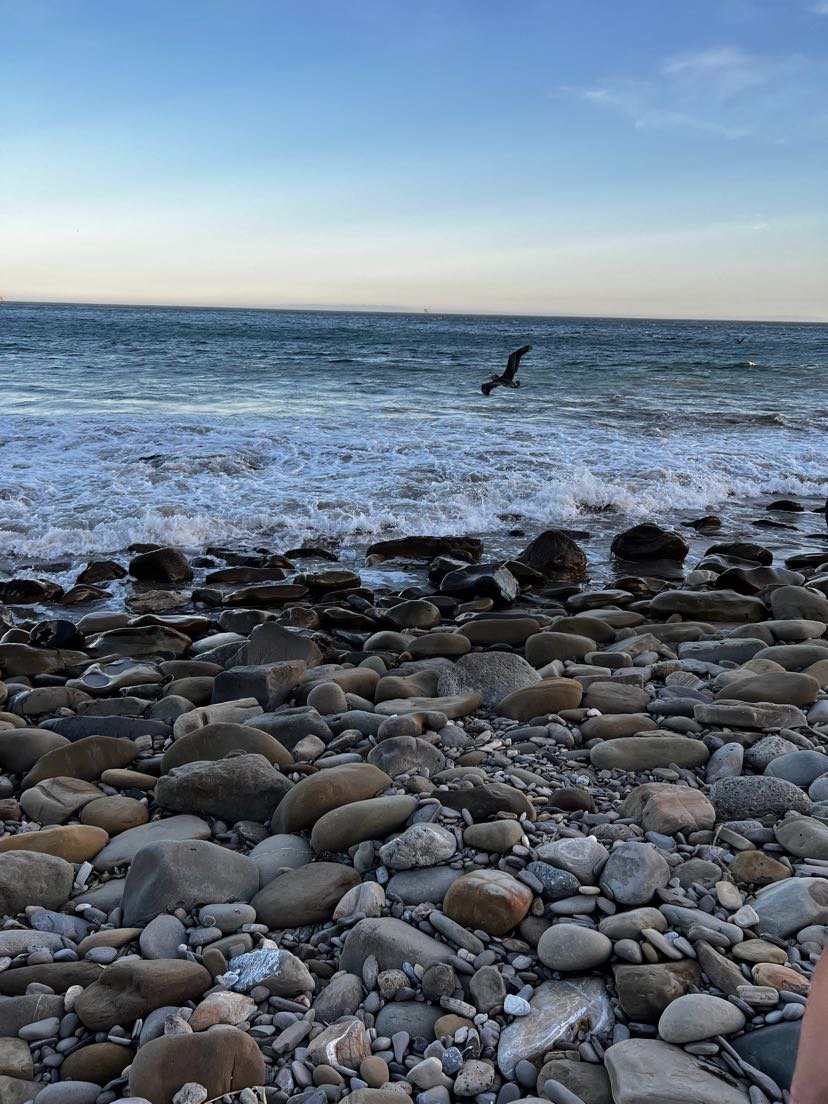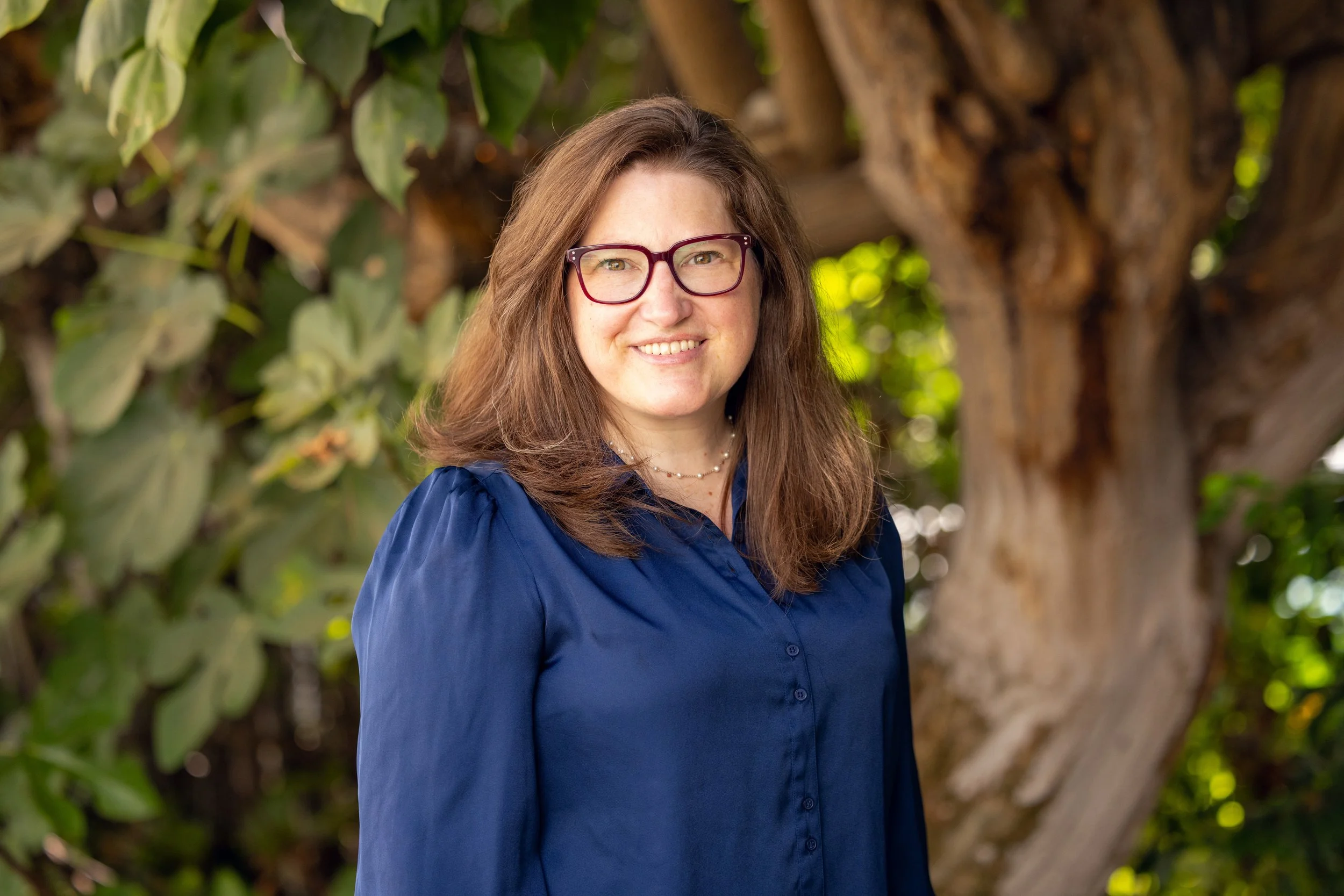Experience. Insight. Solutions.
Personally and professionally we’re familiar with what it means to find your way as a faithful person and a faithful organization.
Together, we identify the steps that will build capacity and resilience, leading you into opportunities for growth and renewal.
We look forward to exploring how we can companion you in your journey by offering you the most effective resources and experiences.
Our Beliefs
We believe that neither adversity nor trauma is the end of a person or group’s story. We believe survivors are among the experts in personal healing, meaning that a survivor has innate wisdom as to what is most helpful or effective in discerning healthful steps forward. We believe co-investigative processes between survivor and caring companion can assist survivors in becoming unstuck, in embracing healing, and in moving forward. We believe trauma can affect persons and groups across generations, and we believe acts of care can positively affect and counter the impacts of trauma across generations.
We believe in the Living God as revealed in the Trinity, three persons in one, Father, Son, and Holy Spirit. We believe Jesus Christ is the Son of the Living God. We believe the First and Second Testaments of the Bible are the authoritative, inspired, living Word of God, and display foundational acts of God at work in the world throughout human history as well as humans’ efforts to understand and relate with God. We believe God calls humans to join in cultivating the fruit of the Holy Spirit in the world. We believe that Jesus, as both human and divine, provided examples of how to resolve, redeem, and restore life after crises, trauma, and loss, so that humans can make use of those examples today. We believe the Holy Spirit is present within and around all aspects of Life, and makes use of gatherings, rituals, and sacraments for healing and restoration. We believe that only God can fully address the quality of the relationship God has with any human person. Likewise, only God can address whether God caused an event to occur or not. We believe the Holy Spirit attests to what remains after crises, trauma, or loss. We believe the Holy Spirit works through humans to use life experiences for good for those who believe.
Rev. Dr. Kate Wiebe
Kate’s pastoral psychotherapeutic studies began with a tutorial at the Oxford Christian Institute for Counseling in Oxford, England. She earned a PhD in Pastoral Theology, Personality, and Culture at Garrett-Evangelical Theological Seminary, focusing on relational pastoral psychoanalysis, individual and collective trauma treatment, group and organizational dynamics, and institutional assessment. She is an ordained Teaching Elder and Minister of Word and Sacrament in the Presbyterian Church (USA), having earned a Master of Divinity at Princeton Theological Seminary. She also obtained additional training in conflict mediation and organizational transitions.
She has worked with individuals, couples, families, and organizations in the aftermath of crises and trauma for over two decades. Kate was the founder and director of the Institute for Collective Trauma and Growth, serving faith-based and community-based organizations responding to disaster for ten years. She also has served as a volunteer response leader for Presbyterian Disaster Assistance for nearly fifteen years. She has also served as an interim minister, leading congregations through transitional periods.
Rev. Dr. Erik Wiebe
Erik holds a PhD in Theological Ethics from Garrett-Evangelical Theological Seminary. As the first recipient of the Neil Fischer Fellowship, his areas of study centered on parent-child relations, attachment theory, the impacts of technology on interpersonal relationships, and moral development. He is an ordained Teaching Elder and Minister of Word and Sacrament in the Presbyterian Church (USA), having received a Master of Divinity and Masters of Theology at Princeton Theological Seminary. He has also obtained additional training in conflict mediation and organizational transitions.
Erik has ministered among five multicultural congregations ranging in membership from 300-1500+, overseeing extensive educational endeavors in churches and partnering with educational institutions. He has worked with individuals, couples, families, and organizations in the aftermath of crisis and trauma for over two decades.



